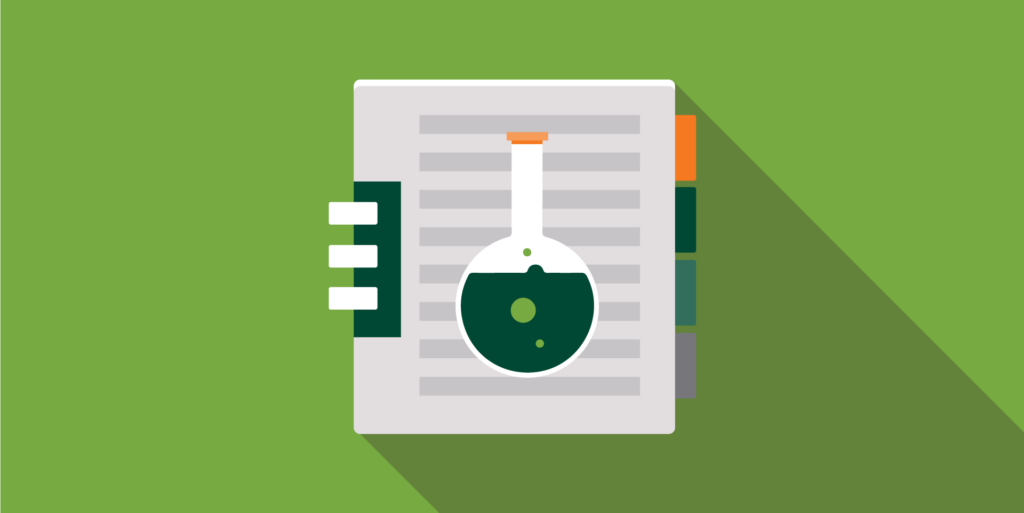
Get to Know: CBD vs THC
Cannabis is a plant that contains more than eighty biologically active chemical compounds. Per the Federal Drug Administration, parts of the Cannabis plant have been controlled under the Controlled Substances Act since 1970 due to its high potential for abuse, mostly concerning the psychoactive effects of a compound Tetrahydrocannabinol (THC).
Let’s break down some major differences between the two most widely known and often confused compounds.
*Fun fact* both CBD & THC are found in the cannabis plant. Hemp is defined as any part of the cannabis sativa plant with no more than 0.3% of (THC), the mind-altering substance in marijuana.
| CBD (cannabidiol) | THC (tetrahydrocannabinol) |
| derived from the Hemp plant | derived from the Cannabis plant |
| can contain trace amounts of THC (Hemp-derived CBD should contain no more than 0.3% THC, per the Federal Drug Administration) | compound that produces psychoactive effects |
| compound is not tested for in a drug test | compound is tested for in a drug test |
*Insider info* there is no test available that would identify CBD specifically!
CBD oil products are generally not supposed to contain THC, but this can vary among different brands, products & manufacturers. There are “full spectrum” CBD products that contain THC, although typically only in very small amounts (no more than 0.3% THC, per the Federal Drug Administration). In other cases, manufacturers often claim that their products don’t contain THC, but that’s not always the case.
CBD use is not a legitimate medical explanation for a laboratory-confirmed marijuana (THC) positive drug test result. Therefore, Medical Review Officers will verify a drug test confirmed at the appropriate cutoffs as positive for THC, even if an employee claims they only used a CBD product.
While the Federal Drug Administration (FDA) does recognize potential opportunities for cannabis-derived products, they have not approved any over-the-counter drugs containing CBD. This lack of regulation leaves room for improper sourcing of ingredients or cross-contamination, which means that there is a slight possibility of a positive drug test result when CBD products are consumed.
The labeling of many CBD products may be misleading because the products could contain higher levels of THC than what the product label states. The Food and Drug Administration (FDA) does not currently certify the levels of THC in CBD products, so there is no Federal oversight to ensure that the labels are accurate. The FDA has cautioned the public that: “Consumers should beware purchasing and using any [CBD] products.” The FDA has stated: “It is currently illegal to market CBD by adding it to a food or labeling it as a dietary supplement.” (CITE: https://www.fda.gov/consumers/consumer-updates/what-you-need-know-and-what-were-working-find-out-about-products-containing-cannabis-or-cannabis) Also, the FDA has issued several warning letters to companies because their products contained more CBD than indicated on the product label.
Click here for the FDA Regulation of Cannabis and Cannabis-Derived Products, Including Cannabidiol (CBD) (https://www.fda.gov/news-events/public-health-focus/fda-regulation-cannabis-and-cannabis-derived-products-including-cannabidiol-cbd).
Navigate to the (https://www.fda.gov/news-events/public-health-focus/fda-regulation-cannabis-and-cannabis-derived-products-including-cannabidiol-cbd#qandas) for helpful Q and A from the FDA!